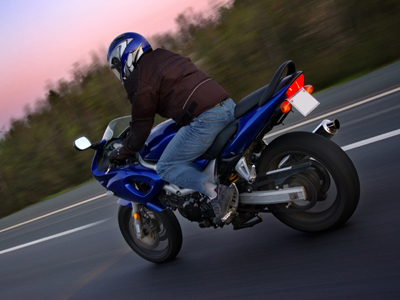
What Can I Wear? - Clothes Words and Terms
Quiz playing is a wonderful way to increase your knowledge of English as a Second Language. Remember that all of our ESL quizzes have titles that are both friendly and serious at the same time… In the case of this quiz you might like to tell your friends about “What Can I Wear” but no doubt your teachers will talk about the “Clothes Words and Terms quiz”! If you hear a specific term and you want to find a quiz about the subject then just look through the list of quiz titles until you find what you need.
To converse well in English you will undoubtedly need to know many terms and words used for clothing.
'I have so many clothes, what can I wear?' people ask when they are getting ready to go to a party. Sometimes the type of party will determine the choice. This quiz will help you check that you know clothes words and terms.
They will not let you go into the beach club after 9 o'clock in the evening unless you are wearing a ...
... dirty from where I sat on the ground.
In plenty of other languages ~ maybe yours ~ the names for these things are singular, for the very logical reason that they are only one piece of clothing (not like a 'pair of shoes / gloves', which really are two separate pieces).
So, be careful with these in English!
I need to sleep here tonight, but I'm afraid I didn't bring any ...
If you don't want your shorts to fall down, you had better use ...
During cold weather, some people like to wear a ... ... their shirt.
Yes, we know, the 'vest'-word for most of you means the thicker piece of clothing that we call a jacket: an 'outer garment'. But not in English! And it is usually worn under the shirt, on the inside, next to the skin.
At the wedding, the bridesmaids were all wearing ...
The long, single garment that a woman wears for a formal event is usually a 'dress' (plural: 'dresses') in English, rather than a 'frock' ... 'frocks' are usually less formal, the type of thing you might wear for an afternoon or evening garden party with friends. A robe (in English) is usually only worn in a ceremony ~ by someone very important like a king, queen or bishop, or the chancellor of a university.
Where did I put my ...
1. Any other description that doesn't come in the rest of the order below (e.g. an opinion: 'dear', 'nice', 'nasty', 'horrible' etc.)
2. Age (usually, 'old' / 'new' )
3. Colour
4. Origin (where it comes from, e.g. 'Chinese')
5. Material (what it's made of, e.g. 'wool' / 'cotton')
6. Purpose (what it's for, e.g. 'driving gloves', 'riding jacket', 'safety hat')
7. ... and then, at last! the name of the thing itself.
Coming from many other languages, this may seem very strange: you may instinctively think it makes better sense to name the thing first and then give the other details later. But that's not how we do it in English!
Beware also, that if you are explaining the origin of something (like these Spanish boots), the nationality always starts with a capital letter. This detail, too, is different in many other languages. At least English does you the honour of naming your nationality with a capital letter! ('A Japanese screen', 'A Peruvian poncho', 'An African ornament' etc.)
It is against the law in most countries to ride a motorbike without wearing a ...
'Casket' may sound or look quite like 'casquette' (in French), but in fact it is American English for a coffin ( = the box in which dead people are buried).
We should probably move on from this rather sad and serious topic!
If an invitation asks you to wear 'Evening Dress', men should wear a ...
Women, meanwhile, would probably wear a long dress or 'gown', and maybe a few pieces of 'dress jewellery' (necklace, brooch, tiara etc. if it were a really smart occasion!)
Ever since she married him, he has still kept his ...
Ready for more?
not all...
quizzers. Try to win a coveted spot on our Hall of Fame Page.







